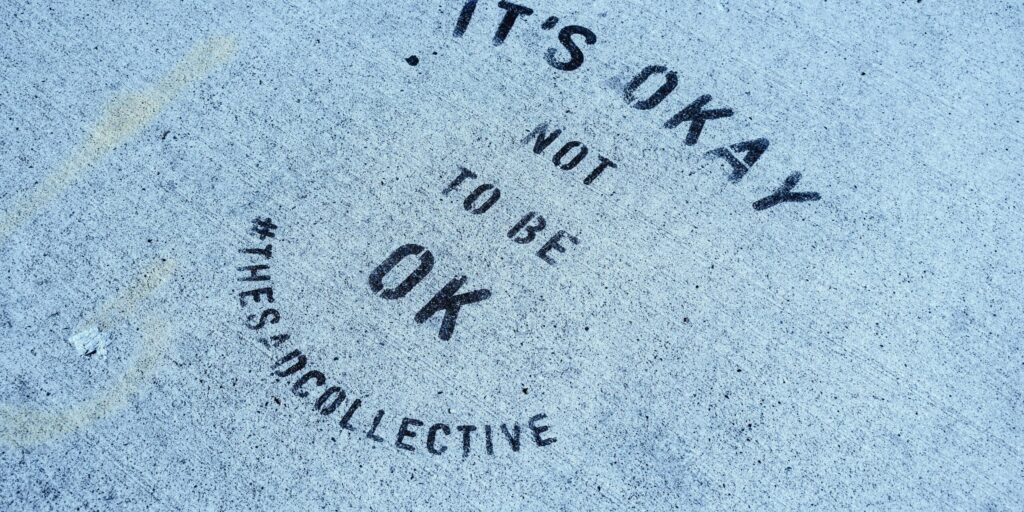Read time 5 minutes
Blame is such a heavy word; sharp, quick to judge, and often misplaced.
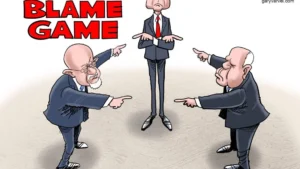
When the world is shattered by a diagnosis of a chronic illness, it’s natural to look for a reason or a culprit. Could blame in such cases act as a protective emotion rather than a destructive one? And more importantly, is it ever justified?
These questions haunted me as my life took an unexpected turn. I was diagnosed with Isaacs’ Syndrome . It is a rare neuromuscular disorder characterized by hyperactive nerves. It causes muscle cramps, fatigue, and progressive weakness.
This wasn’t just a passing health scare; it felt like my entire world had split into ‘before’ and ‘after.’
The Start of My Rare Disease Journey

Before my diagnosis, I lived what many would call a ‘normal life.’
I reveled in the simple joys of table tennis games, beach walks, long motorcycle rides, and moments shared with family and friends. Health was never something I doubted; it was something I assumed would always be there.
That changed suddenly when Isaacs’ Syndrome entered my life.
My Diagnostic Journey Also Revealed
- Lyme disease: A tick-borne bacterial infection affecting joints, heart, and nervous system.
- Glaucoma: A degenerative eye disease that damaged my optic nerve.
- Membranous Glomerulonephritis: A progressive kidney disorder.
- Diabetes & Blood Pressure issues: Chronic conditions that made recovery complex.
- Irritable Bowel Syndrome (IBS): Gut-related problems that altered my nutrition and comfort
My health felt like a puzzle with missing pieces, each diagnosis revealing a deeper layer of complexity.
Grappling With Genetics and Guilt

In the wake of my diagnosis, I found myself researching obsessively.
Was this inherited? Could my parents have known?
My family’s history of neuromuscular hyperactivity pointed to a possible genetic link. Yet, science reminded me that inheritance isn’t destiny. There are countless other forces at work, from environment and lifestyle to sheer unpredictability.
I wrestled with the blame. Not just toward my parents, but toward myself, my circumstances, even my workplace.
It crept into conversations, distorted my emotions, and disguised itself as rationality. But beneath that surface was deep fear, and a need to make sense of chaos.
The Emotional Isolation of Being ‘Rare’
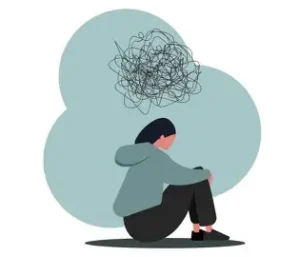
Being called “rare” by medical professionals didn’t feel special, it felt isolating.
Suddenly, I wasn’t just a person with an illness, I was ‘the illness.’ Family roles subtly shifted, and I noticed how my pain became a shared burden. That awareness carried guilt, too; why should they suffer for something I couldn’t control?
Blame became a coping mechanism. It served as a shield, protecting my self-image and offering a way to rationalize the irrational. But what began as a coping mechanism slowly morphed into a loop. It eroded my emotional well-being and pulled me away from what truly mattered healing.
A Mother’s Words That Changed My Perspective

One day, my mother interrupted this downward spiral with words that shook me gently but firmly:
“Life isn’t fair. It gives limited choices. You can either dwell in what didn’t go your way OR feel thankful for the love, care, and treatment that surrounds you.”
Her wisdom snapped me out of my mental fog. She reminded me that the constant agitation wasn’t just hurting me, it was hurting those who cared for me. It wasn’t helping me find solutions, and it certainly wasn’t aiding my body in recovery.
She explained that chronic stress and emotional negativity could impact the immune system. It can lead to slow healing and rob me of the confidence I needed to endure this journey.
Reclaiming Control in the Face of Illness
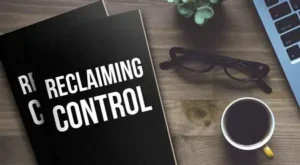
This conversation became a turning point.
I began to embrace a new understanding of what it means to live with chronic illness. How genetics, environment, and lifestyle collide in complex, unpredictable ways.
I realized that acceptance isn’t surrender. It’s the first step toward growth.
Here are the strategies that helped me shift focus from blame to recovery:
1.Accepted Life’s Unpredictability:
Illness doesn’t follow a schedule. Accepting it gave me space to breathe and plan instead of panic.
2.Transformed Frustration into Action:
When emotions overwhelmed, I redirected them into activities like creative hobbies, music, or community support.
3.Reframed my Crisis
Looking back isn’t just for regret; it’s for insight. Understanding why something happened guided future choices.
4.Adjusted Expectations and Embraced What Remained
No, life didn’t play out the way I imagined. But it’s still mine, and there’s beauty in what’s left.
5.Became Solution-Oriented
I stopped asking just ‘why me?’ Solutions fostered empowerment.
The Power of Personal Responsibility and Inner Growth
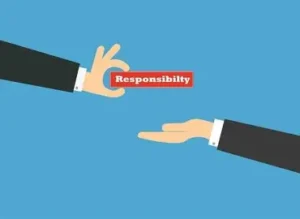
Eventually, I understood that blame, while emotionally understandable, wasn’t helping me live.
It wasn’t helping me heal. I chose to let go things.
I took personal responsibility for my reactions, behaviors, and mindset. This behaviour shifted my energy. I began to focus on recovery and strength.
I started setting goals, tracking small wins, and celebrating progress, not perfection.
Final Reflections: Healing Through Understanding
If you’re walking a similar path, I want you to know you’re not alone.
Coping with rare or chronic illnesses can feel isolating. But healing doesn’t just happen in hospitals instead in conversations, reflections, and a strong inner decision to reclaim control.
Blame might feel like a comfort blanket on stormy days but the warmth it gives is fleeting. Acceptance, empathy, and intentional living will carry us much further.
I’ve learned to focus my precious energy on what is truly within my sphere of influence. I mean what I can control, my reactions, my mindset, my choices. And for everything else, the vast ocean of the uncontrollable, I am learning, day by day, to let go with grace.
This is not weakness; it is the ultimate strength. It is the path to true healing.
DISCLAIMER
The thoughts and experiences shared above are deeply personal. It is intended for reflective purposes only. They do not constitute medical advice. Always consult a qualified healthcare provider for any diagnosis or treatment.


